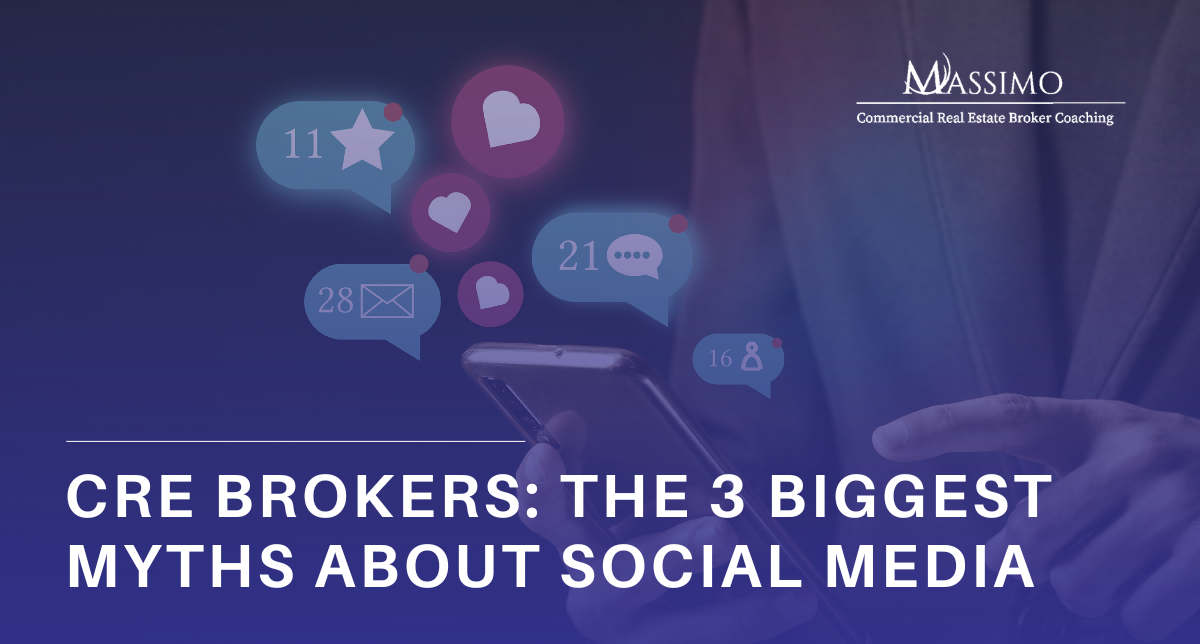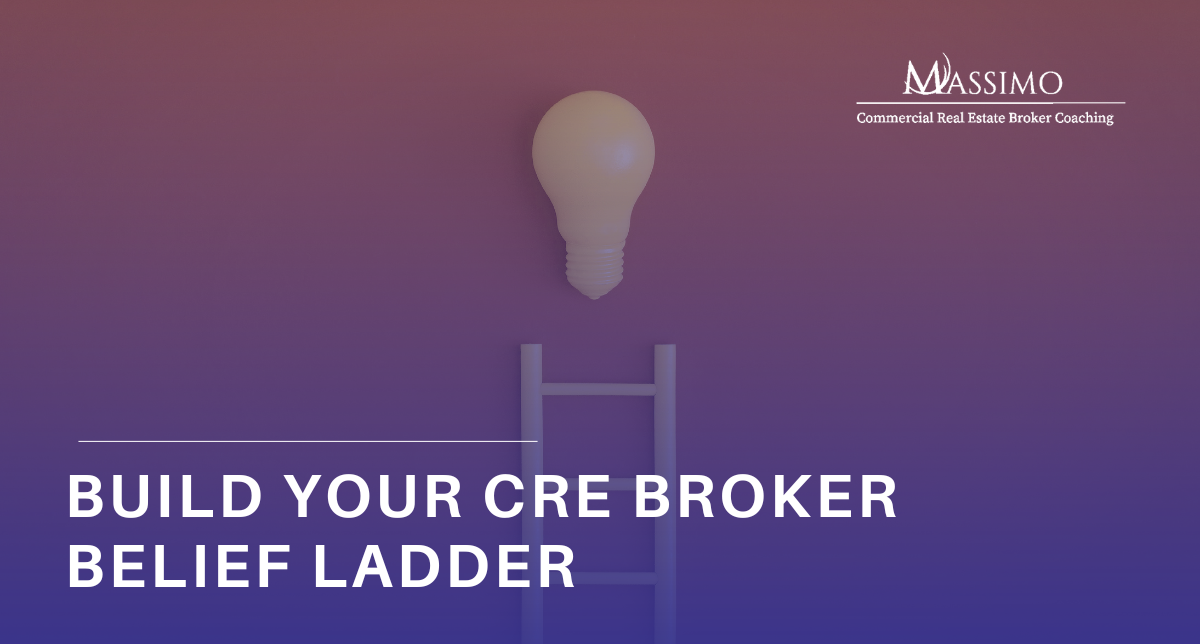Consider these points first before you dive into commercial real estate financing.
In this article:
- What Is Commercial Real Estate Financing?
- What Are Commercial Properties That Can Be Financed?
- How Does Commercial Real Estate Financing Work?
- How Does Commercial Real Estate Financing Differ from Other Loans?
Understanding Commercial Real Estate Financing
What Is Commercial Real Estate Financing?
Commercial real estate financing allows you to purchase commercial properties. There are several different types of commercial real estate loan options to consider. The following are among the most common commercial real estate loans:
- Small Business Administration – SBA 7(a) Loans
- CDC/SBA 504 Loans
- Traditional Mortgage Loans
- Commercial Bridge Loans
- Commercial Hard Money Loans
Small Business Administration – SBA 7(a) Loans
The SBA 7(a) loan, offered by the Small Business Administration, is the organization’s most popular program. To be eligible you must do the following:
- Have reasonable equity to invest in the real estate purchase.
- Be a for-profit operation.
- Meet the SBA size standards AND be considered small for businesses within your industry.
- Have a sound business purpose in mind.
- Demonstrate need for the funds.
Since this loan is not limited to real estate purchases, you may need to provide business and personal assets to secure the loan.
CDC/SBA 504 Loans
This loan is often referred to as the Certified Development Company program and the SBA 504 loan alike. It provides funds to purchase fixed assets for businesses, including real estate, buildings, and machinery, at below market rates.
The SBA 504 loan works by having the business owner invest 10 percent of the cost. Then a conventional bank (or another lender) fronts another 50 percent of the cost. Finally, a certified development company (CDC) posts the remaining 40 percent.
Eligibility requirements for the SBA 504 Loan include:
- Net average income may not exceed five million dollars after taxes during the two previous years.
- Anticipated project size cannot be greater than the combined personal assets of the principals that are non-retirement and unencumbered liquid assets.
- The business cannot have a net worth that exceeds 15 million dollars.
This loan makes it a little easier for small businesses to qualify for real estate loan by reducing the risks to primary lenders.
Traditional Mortgage Loans
These loans work like traditional home mortgage loans but require larger down payments, averaging between 15 and 35 percent of the loan’s total value and lasting five to 20 years instead of the standard of 30 years available for residential mortgage borrowers.
Commercial Bridge Loans
Commercial bridge loans are very short-term loans, often as little as six months, that serve to bridge the gap until businesses can secure long-term commercial real estate financing. The down payment for these loans is typically between 10 and 20 percent of the LTV (loan to value).
Commercial Hard Money Loans
Slightly longer than commercial bridge loans, commercial hard money loans offer terms typically between one and three years. The purpose is to provide opportunities for businesses to close on real estate transactions quickly. Then they can secure more favorable financing terms from lenders that take longer to approve. This loan requires a larger down payment (15 to 35 percent of the purchase prices) but can be approved in as little as 10 to 15 days.
The terms vary according to the type of loan you’re looking for. Keep these things in mind as you compare options, so you can find the loan that best meets real estate investment needs.
What Are Commercial Properties That Can Be Financed?

There is no specific commercial real estate loan definition that works for every situation or circumstance. Commercial real estate lending works much like traditional mortgage lending. Different banks and lending institutions have different requirements, or risk tolerances, they are willing to accept when lending the funds. Instead of financing a home, however, you’re financing a commercial property, which may include any of the following:
- Office spaces
- Manufacturing or industrial properties
- Multi-family properties
- Special-purpose properties (like car washes, self-storage facilities, etc.)
- Retail spaces
How Does Commercial Real Estate Financing Work?
Most traditional lenders have very specific requirements that make it more difficult, in many cases, to receive commercial real estate loans. There are plenty of alternative lending resources to consider, like hard money lenders. They often offer more relaxed qualification standards, using the loan to value ratio of the property as their primary metric.
These lenders often require a greater investment from borrowers, in terms of a larger down payment and possibly higher interest rates. The upside is they are willing to tolerate more risk which makes it more likely that you’ll get the funds you seek.
How Does Commercial Real Estate Financing Differ from Other Loans?
Commercial real estate loans differ from standard mortgage loans in that they are often for shorter terms, with the average loan period ranging between five years and 20 years rather than 15 and 30 with traditional mortgage loans.
Another difference is the required down payment. While the average mortgage requires 20 percent down payment (though some programs allow home buyers to get into new homes with zero to five percent down), the average commercial property loan requires between a 25 and 30 percent down payment. SBA loans are the exception with many of them requiring only 10 to 15 percent down for qualified borrowers.
Bridge loans operate differently in that they are for very short terms, often between six months and three years. These loans are ideal for commercial investors waiting for long-term financing to come through.
When you’re in the market for real estate loans, the real secret to success is in understanding the terms of the lender you’re working with. That way you don’t step into a situation where you have stiff penalties for early repayment if your goal is to pay the loan off early. It’s valuable to understand this, or any other terms that would be counter to your long-term financial or investment goals.
Commercial real estate lending is not all that complicated. As long as you know what your financial goals and challenges for the investment property are, how long you intend to hold onto the property, and the terms the lenders require.
Do you know the difference between cold calling and campaign-based, targeted prospecting? The difference is huge. In this 3-part Mini-Course Rod will take you through the exact pieces needed to create a prospecting campaign that will: target your ideal prospects, warm them up before the call, and give you the best chance to win their business! You can watch the mini-course here.
Up Next: How To Become A Real Estate Agent For Commercial Real Estate





